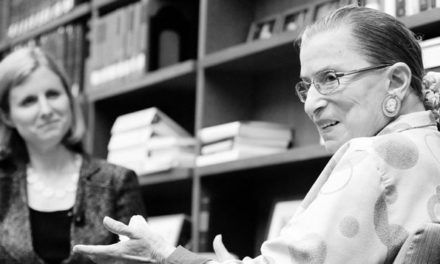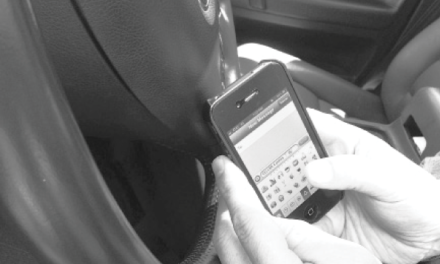As Central America reels from the detrimental impacts of the pandemic, two hurricanes, Eta and Iota, wreaked havoc in the region in the span of two weeks. The two storms predominantly affected Indigenous communities and people of color, who were already suffering from an economic downward spiral and lack of resources due to COVID-19. Now, with thousands having their homes washed away due to the storms, we must critically analyze climate inequality and the long-lasting failure of developed countries to help the communities affected by such disasters.
This year has brought a record number of hurricanes; while meteorologists predicted 13 to 19 named storms, this hurricane season has already seen 30 tropical storms. With a month left of 2020, experts have stated the end of hurricane season has been “extremely active” and “record-breaking.”
In recent years, climate change has sharply contributed to rising temperatures in the Caribbean. One of the most pressing effects of climate change is warmer sea temperatures, which intensify hurricane wind speeds so that the storms potentially deliver more damage when they make landfall. The warmer temperatures are increasing the number of violent storms in the Atlantic and are a direct result of the carbon emissions of developed and industrialized countries. Several studies highlight that a major impact of climate change is the drastic increase in global inequality, which will inevitably destroy entire communities. This hurricane season is a long-overdue wake-up call for the international community to recognize the wide disparities on climate change.
On Nov. 3, Hurricane Eta made landfall on Puerto Cabezas, one of the poorest regions of Nicaragua. The storm had winds of nearly 140 mph, bringing days of catastrophic floods, landslides and bruning fear to the Indigenous communities in the region. Eta tore the roofs of thousands of homes, destroying the already fragile infrastructure, and brought down trees and power lines across Central America. With its Category 4 strength, Eta severed the remaining hope many communities had of recovering from the hardships of the pandemic.
Even with minimal media coverage of the events, images spread of hundreds trying to evacuate on the flooded streets of the region. The few government shelters in Nicaragua were quickly filled up with those lucky enough to seek help from the climate terror. In Guatemala, almost 100 people were believed to be buried as search brigades pulled the first bodies from a rain-fueled landslide on Nov. 6. In Honduras, thousands were trapped without food or water because “everything was buried in mud,” according to Marvin Argueta, a Honduran who lost everything to the floods. With a tremendous lack of resources and aid, families could merely watch as their neighborhoods were washed away by the storm. Only 13 days later, Hurricane Iota made landfall in Nicaragua, destroying any remains Eta had spared. Iota brought even greater damage with widespread flooding, further endangering the 300,000 people displaced across the regions.
Developing countries suffer the greatest consequences of climate change despite being the smallest contributors. We should blame large corporations for the majority of human-induced climate change, as more than half of global industrial emissions since 1988 — the year the Intergovernmental Panel on Climate Change was established — is the result of only 25 corporations. Sadly, these companies benefit from polluting the environment, making small and vulnerable communities pay the price. Now, the suffering of Central America begs the question as to where these successful corporations are when those who least deserve it are affected.
Nicaragua’s Atlantic coast has been almost entirely destroyed with various Indigenous groups and communities of color suffering worse than most. Families have been left to walk around any remains of their homes or seek refuge in shelters, all while battling the flourishing pandemic.
The corporations to blame for these catastrophes remain a silent force behind the chaos — they have failed to contribute any help to those they have wronged. Aid groups are struggling to reach these vulnerable groups, yet hope remains as thousands of Nicaraguans have created projects of their own. The time to talk about climate inequality has passed. It’s time to end it.
If interested, you can visit the American Nicaraguan Foundation’s Hurricane Relief page for more information on where to donate and how to help those in need.
Sara Perez (24C) is from Managua, Nicaragua.
Sara Perez (24C) is from Managua, Nicaragua, majoring in QSS on the Political Science track. Outside of the Wheel Editorial Board, you can catch her trying new coffee recipes and rewatching the same shows for the nth time.






